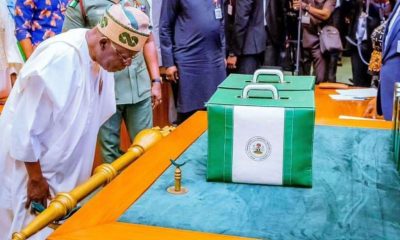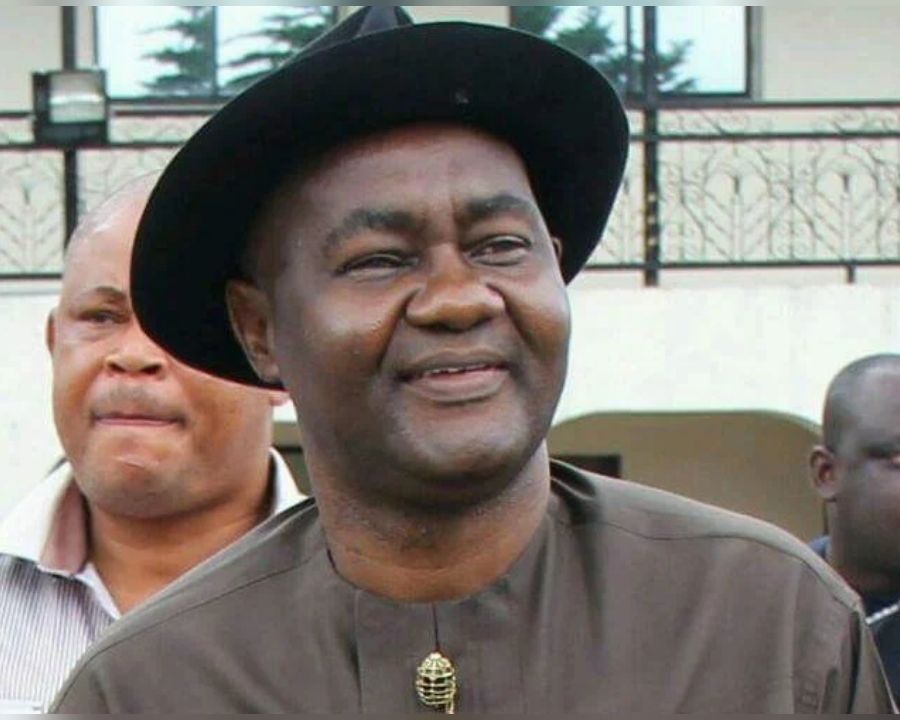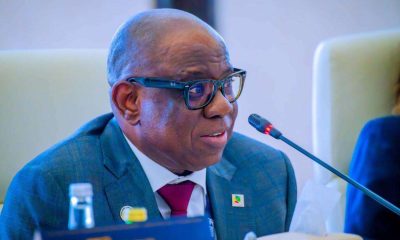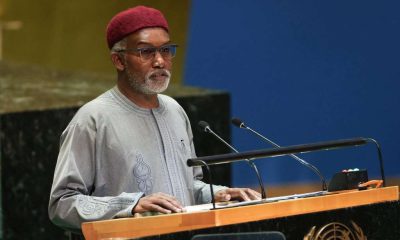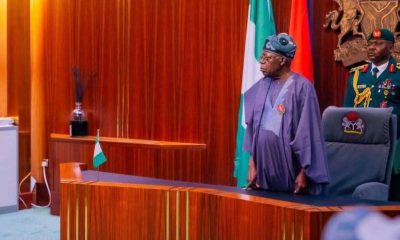Politics
Tinubu poised to name ambassadors after two-year freeze as DSS clears nominees
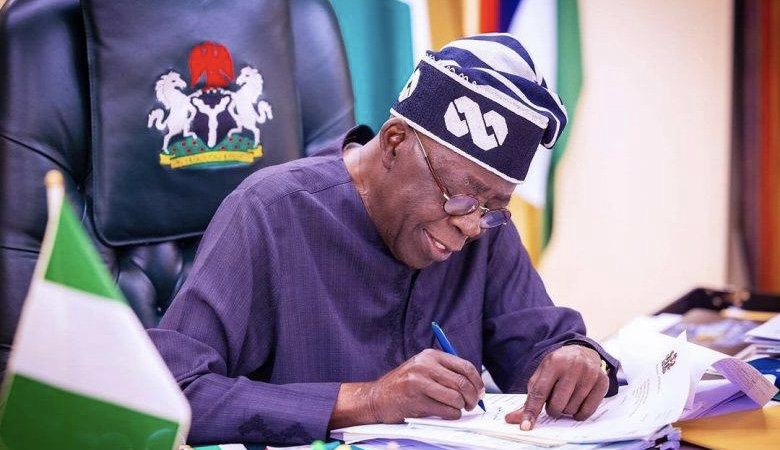
President Bola Tinubu is set to appoint ambassadors to Nigeria’s key diplomatic missions for the first time in over two years, following the completion of all security and background checks on the nominees, multiple Presidency sources told The PUNCH. The President is reportedly deciding when to formally transmit the list to the Senate for confirmation.
Sources familiar with the process, speaking on condition of anonymity, said the ambassadorial list is ready but will likely be staggered, with postings to major partner countries announced first, while others follow later. “He cannot announce all the ambassadors at once. The main delay has been funding, as settling ambassadors and covering operational costs involves a significant sum,” one source explained.
Although the full list of postings has not been officially disclosed, sources indicated that priority will be given to countries with strategic economic, security, and political ties to Nigeria. These include the United States, United Kingdom, European Union states such as France and Germany, China, India, and key ECOWAS capitals like Accra, Niamey, and Cotonou. Nigeria’s diplomatic presence in these nations is critical given its role in oil supply, counter-terrorism, regional mediation, and investment partnerships.
The decision follows a September 2023 move by Tinubu to recall all 109 Nigerian ambassadors, covering 76 embassies, 22 high commissions, and 11 consulates, as part of a “comprehensive diplomatic review.” Since then, most missions have been managed by chargés d’affaires or senior consular officers, who are limited in their ability to represent Nigeria in formal negotiations. A senior Foreign Service official noted, “Most foreign governments do not accord the same authority to chargés d’affaires as they do to ambassadors. They cannot make binding commitments, which has restricted Nigeria’s diplomatic leverage.”
The ambassadorial appointments come amid heightened international scrutiny. Former U.S. President Donald Trump recently threatened to classify Nigeria as a “Country of Particular Concern” over attacks on Christians, warning that the U.S. could halt aid and even consider military intervention. Presidency officials stressed that the appointments are not being rushed in response to this but are part of the long-delayed process.
Funding challenges have further slowed the appointments. Officials previously estimated that more than $1 billion would be needed to settle accumulated foreign service arrears, replace aging vehicles, renovate embassies, and cover operational costs. Tinubu has acknowledged the political and logistical complexities involved in selecting nominees, stating that “It’s not easy stitching those names… I couldn’t appoint everybody at once.”
The original ambassadorial list has been reviewed to remove nominees who had died, retired, or taken up other appointments, and to replace career officers nearing the end of their service.
With security vetting now complete, the Presidency appears ready to resume full ambassadorial appointments, signalling a restoration of Nigeria’s diplomatic representation abroad after a two-year hiatus.


